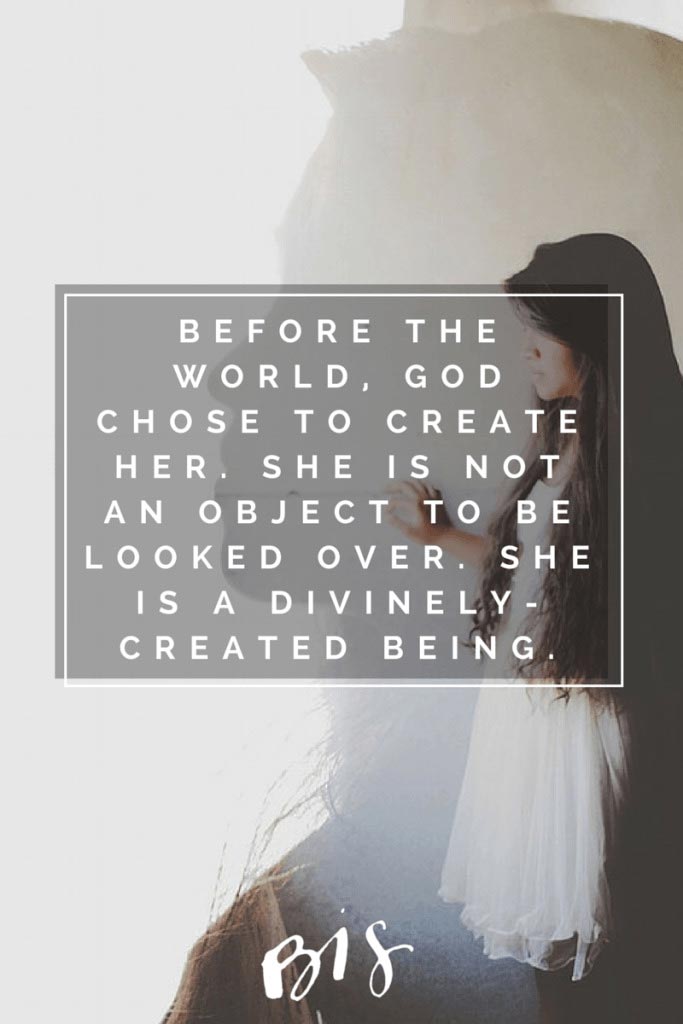
“While we’re sitting at the Starbucks in the food court, we might find that our eyes are constantly darting to watch the other girls and women pass by. In just the blink of an eye, we find that we’ve sized them up from top to bottom; noticed their hair and sandals; wordlessly scorned their garish make-up and chubby ankles; or silently admired, even craved their D&G sunglasses or their naturally wavy hair.” ~Desiring the Kingdom, James K.A. Smith
Dallas is teaching me a lot about myself. In a city of designer brands, fancy cars, pretty clothes and perfect-looking people, I fall prey again and again to this trap of comparison. “Her clothes are more stylish than mine.” “My jeans are two years old.” “Why does her hair always look pretty? Mine is a constant mess.” “Even my little blue purse doesn’t stand a chance against these designer bags all around me.”
I have never been in a place before now that reveals this area of my heart so clearly as Dallas does. I go to the mall and I feel like I stick out. I go out to dinner and inevitably feel underdressed and frumpy. So it is a constant struggle, an exhausting battle, not to constantly compare myself to others. I remind myself that it is not the appearance that matters. I walk around the mall and realize how self-centered I am to think that as I am walking through the mall, people are looking at me and at what I am wearing. These are good and helpful realizations of my condition, but Smith presents another thought that struck me this morning as I read his book.
“Subtly, then, we’ve construed our relationships largely in terms of competition—against one another and against the icons of the ideal that have been painted for us. And in the process, we have also objectified others: we have turned them into artifacts for observation and evaluation, things to be looked at, and by playing this game, we’ve also turned ourselves into similar sorts of objects, evaluating ourselves based on our success at being objects worth looking at.” (Smith)
When I look someone up and down and compare myself positively or negatively to them, I am not just feeding my pride, vanity, and selfishness. I am objectifying another human being, another bearer of the divine image.
This language carries force. When we read or talk about men and lust, pornography, or other sexual traps, we talk about it in the same language. Pornography objectifies women, removing their humanity and presenting them as objects to be consumed and wanted. Women rise up against this objectifying, yet we are doing precisely the same thing to one another, and to ourselves.
When I look a woman over in order to compare my appearance or wardrobe to hers, I am objectifying her. I am choosing to see her as an appearance or a fashion statement, instead of as a specific and intricate and valuable creation of the God who made us both. Before the world, God chose to create her. God exists in her countenance, her build, the wrinkles on her face, and in the depth of her eyes. She is not an object to be looked over. She is a divinely-created being who bears the image of a Creator who loves and treasures her deeply. She is a walking image of God, not to be objectified because of my pride or selfishness.
“When you visualized a man or woman carefully, you could always begin to feel pity—that was a quality God’s image carried with it. When you saw the lines at the corners of the eyes, the shape of the mouth, how the hair grew, it was impossible to hate. Hate was just a failure of the imagination.” ~The Power and the Glory, Graham Greene
Shannon Lacy is a young wife to a grad school student, mother to her first daughter (just born this month!), and a recent convert to the Catholic Church.






























